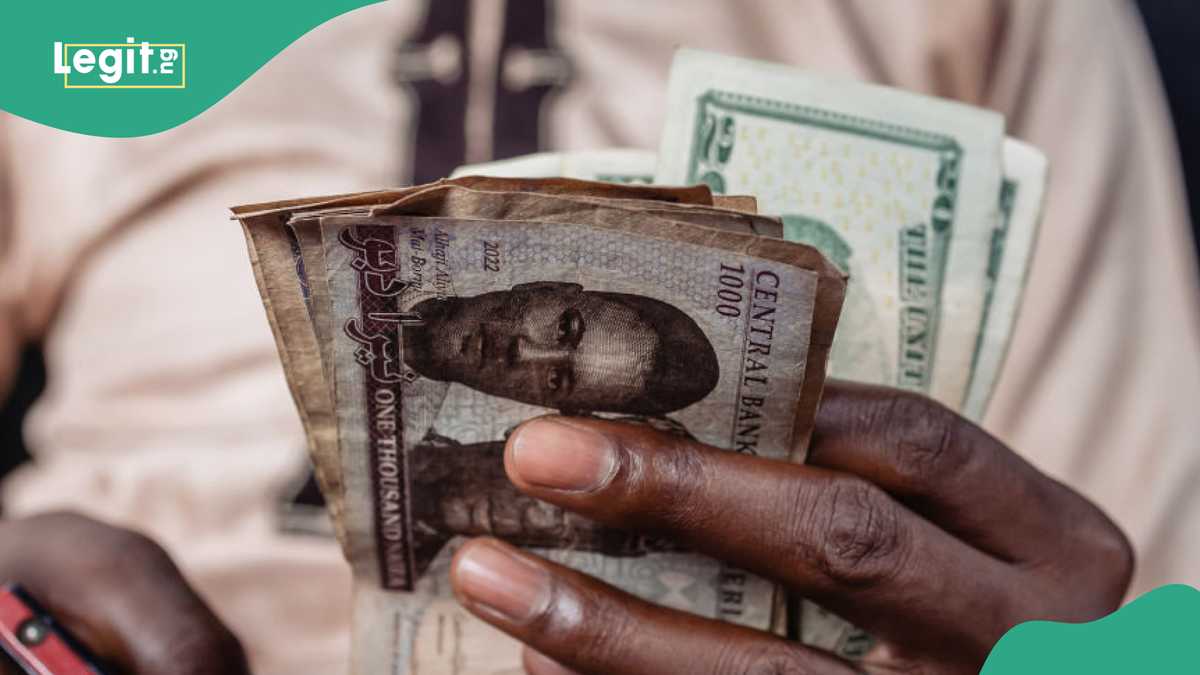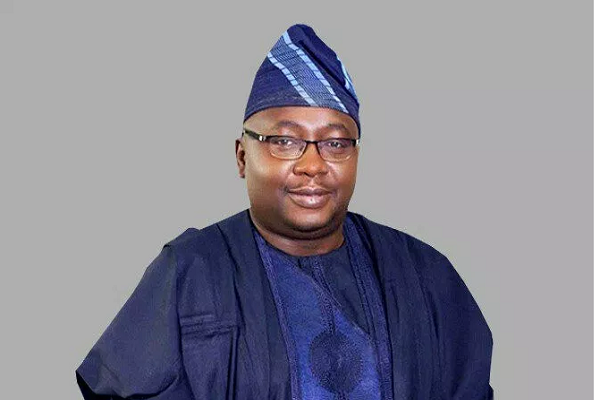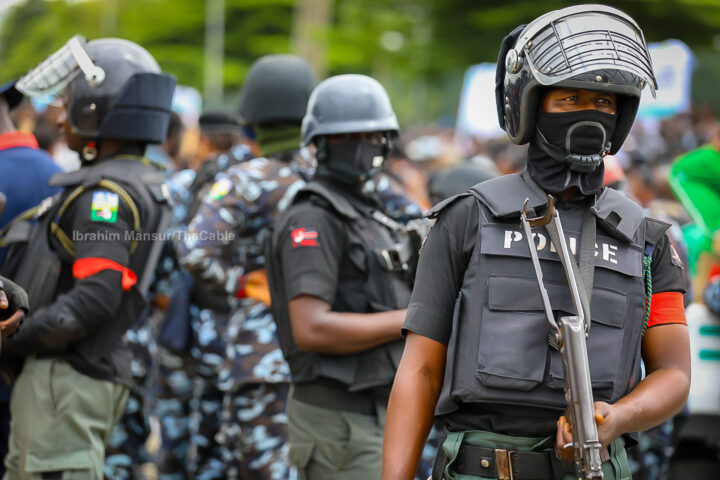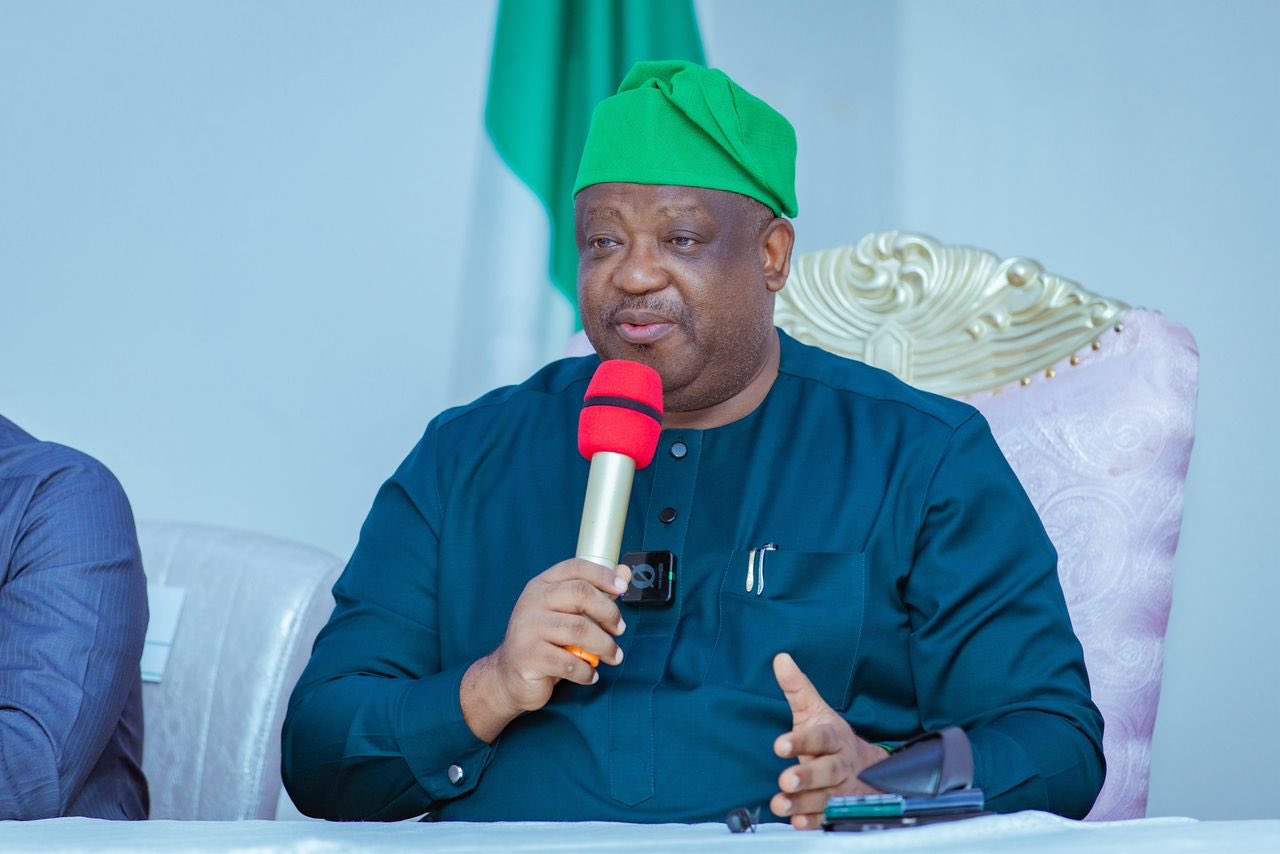Ghana Stock Exchange maintains positive run and Ghana set to track its biodiversity targets
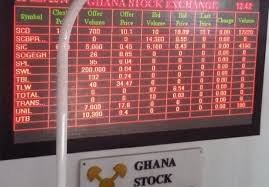
Accra, [Date of Report] – The Ghana Stock Exchange (GSE) has demonstrated robust growth in March 2025, marked by significant increases in both the composite index and the financial stock indices. According to a statement released by the GSE, the Composite Index concluded March with an impressive rate of 27.19 percent, while the financial stock indices surged by 28.50 percent.
The GSE reported a substantial uptick in market activities compared to the previous year. The number of transactions saw a remarkable increase of 572.87 percent. Market capitalization soared to GH¢136,998.73 billion, a notable rise from GH¢77,701.17 billion during the same period last year, reflecting a 76.31 percent increase.
Several companies experienced significant gains during the month. Claydestone (Ghana) PLC led the pack with a 100.00 percent price increase. Other top performers included TotalEnergies Marketing Ghana PLC (60.75 percent), Access Bank Ghana PlC (32.99 percent), SIC Insurance Company PLC (32.43 percent), Cal Bank PLC (27.12 percent), Enterprise Group PLC (24.39 percent), and Ecobank Transnational Inc., which saw its share price increase by 18.06 percent.
Additional gains were recorded by Republic Bank Ghana PLC (10.00 percent), MTN Ghana (9.62 percent), GCB Bank PLC (8.30 percent), New Gold (7.62 percent), Societe Generale Ghana PLC (6.67 percent), Ecobank Ghana PLC (5.76 percent), Standard Chartered Bank Ghana PLC (3.96 percent), Benso Palm Plantation PLC (2.81 percent), Ghana Oil Company PLC (1.25 percent), and Unilever Ghana PLC (0.21 percent). Notably, the GSE reported no price losers for the month, indicating widespread positive performance across the market.
However, the equities market presented a mixed picture. While the volume and value traded for the month reached 21,951,968 and GH¢201,913,037.26 respectively, this represented a decrease of 89.48 percent in volume and 3.59 percent in value compared to the same period last year. The year-to-date cumulative volume stood at 61,341,603, valued at GH¢473,156,751.29, reflecting a 75.87 percent decrease in volume but a 29.28 percent increase in value compared to the previous year.
In contrast, the Ghana Fixed Income Market (GFIM) experienced substantial growth. The volume traded closed at 20.23 billion, marking a 60.45 percent increase compared to March 2024. Although this represented a marginal decrease of 8.50 percent compared to the previous month, the year-to-date volume traded of 59.24 billion was 45.57 percent higher than the 40.69 billion traded in the same period last year.
Treasury bills dominated the GFIM, accounting for 65.99 percent of the total volume traded. Government bonds made up 28.76 percent, corporate bonds contributed 0.10 percent, and Bank of Ghana Bills comprised the remaining 5.14 percent.
In related news, Ghana's Ministry of Environment, Science and Technology (MEST), in collaboration with the United Nations Development Programme (UNDP) and the United Nations Environment Programme World Conservation Monitoring Centre (UNEP-WCMC), has launched a project aimed at equipping Ghana with innovative spatial planning tools. The project, titled “Using UN Biodiversity Lab (UNBL) to Support Global Biodiversity Framework (GBF) Mapping in Ghana,” seeks to address the interconnected crises of pollution, climate change, and biodiversity loss.
The project, funded by the Gordon and Betty Moore Foundation, builds on previous collaborations under the Nature Transition Support Program (NTSP). It aims to enhance the use of spatial data analysis and biodiversity mapping to support the implementation of the Kunming-Montreal Global Biodiversity Framework (KMGBF).
Ghana will play a crucial role in co-developing new features for the UN Biodiversity Lab (UNBL), which will support national efforts to monitor, plan, and report on biodiversity-related commitments. Emelyne Wright-Hanson, Principal Development Planning Officer and Head of Biodiversity Unit at MEST, emphasized the importance of incorporating spatial data into the development of Ghana’s National Biodiversity Strategic Action Plan for a more comprehensive and implementable plan.
Dr. Abdul-Razak Saeed, the Environment and Climate Cluster lead at UNDP Ghana country office, highlighted the collective commitment to leveraging technology and spatial data to safeguard biodiversity and promote sustainable development.
This initiative underscores Ghana’s dedication to protecting its rich biodiversity and promoting sustainable development through innovative technology and spatial data, contributing to global efforts to address climate change, pollution, and biodiversity loss.



